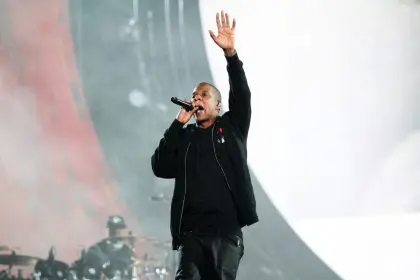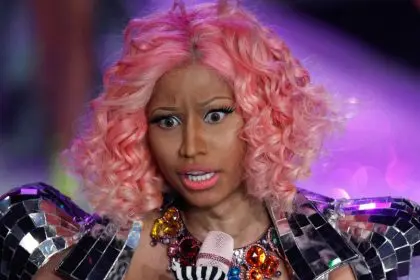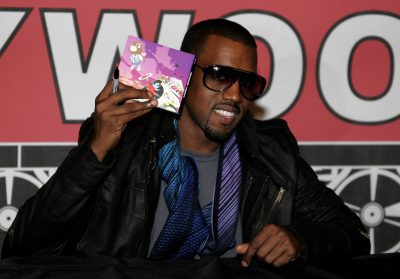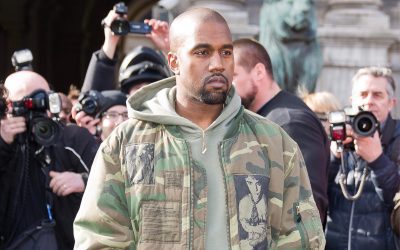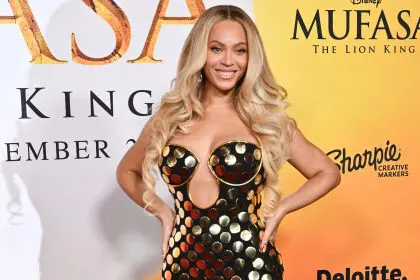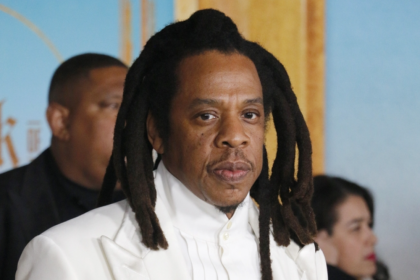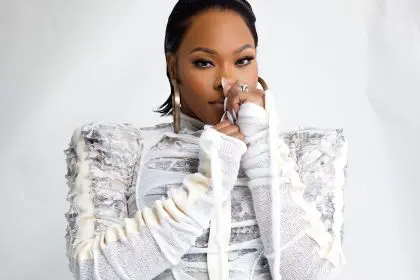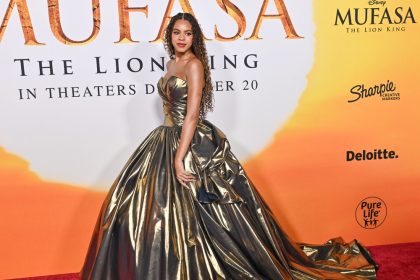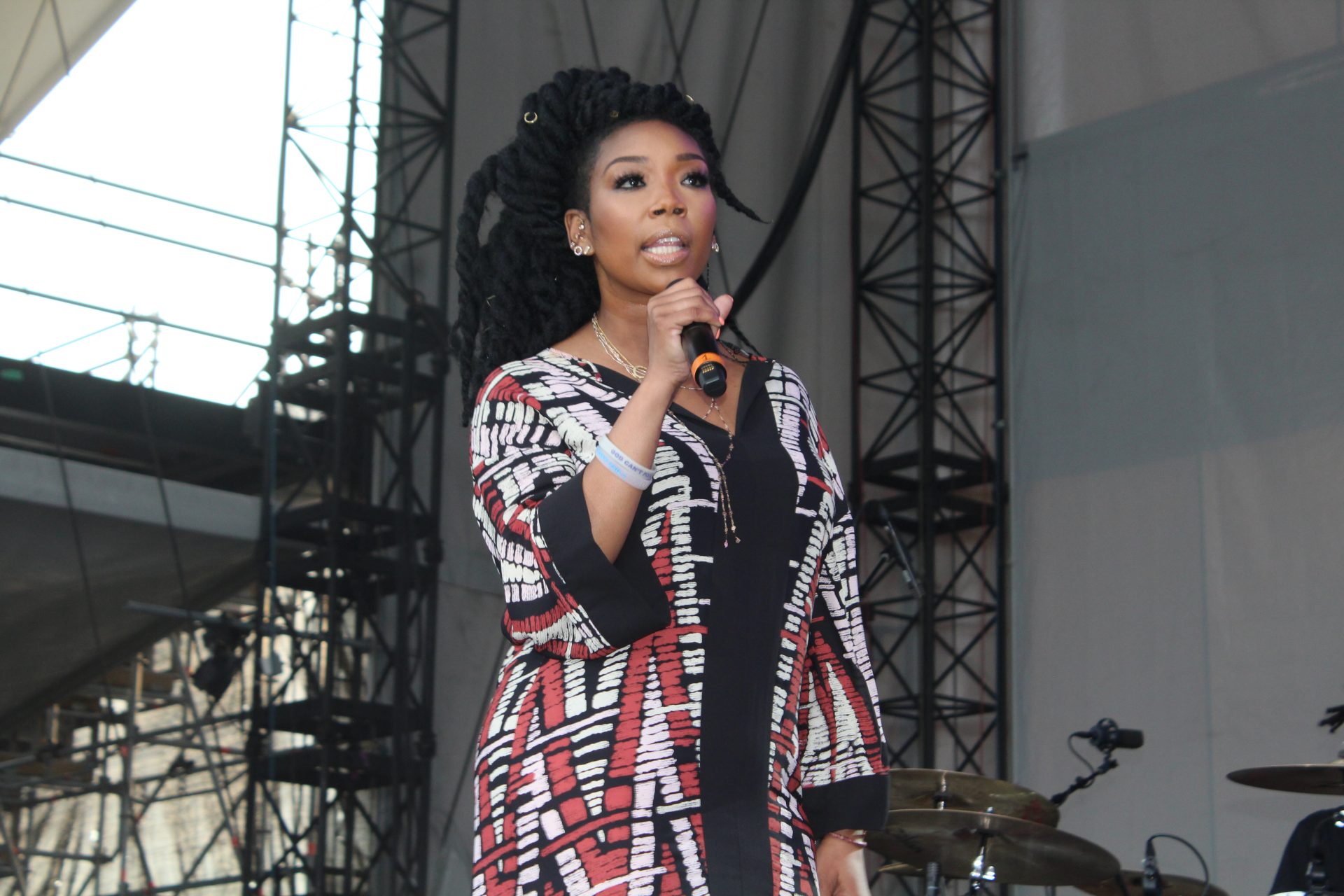Though holding an all-star press conference with the likes of Alicia Keys, Beyoncé, Kanye West and Madonna and others to discuss his new streaming music venture, Tidal, music mogul Jay Z still finds himself explaining what makes his service more attractive than others such as industry leader, Spotify.
Last week, Jay, along with Tidal exec Vania Schlogel, held a Q-and-A session with students at New York University’s Clive Davis Institute of Recorded Music in an effort to answer some of the nagging questions a lot of consumers still seem to have about the service.
One of the biggest theories is that the venture was spearheaded as a direct response to the reported small royalties paid to artists by other streaming services. While he didn’t name a specific entity, the “Picasso Baby” rapper did allude that no other streaming service looks after the interests of songwriters and producers like Tidal does nor can they match the royalty rate given to artists:
“You don’t want to single anyone out, per se — but currently we pay the highest royalty percentage. And there is no free tier service. If you have five people paying for music, and 10 people consuming it, then the artist starts at -5. We start at 1. There is no free tier and we’ll pay the highest royalty percentage. That’s how we’ll change the industry.
“You guys may have seen some of the stats like, Aloe Blacc had a song that was streamed 168 million times and he got paid $4,000. For us, it’s not us standing here saying we’re poor musicians. If you provide a service, you should be compensated for it. And not just artists — just think about the writers and the producers.
“What about Jahlil Beats, who produced Bobby Shmurda’s “Hot N—a”? He went on to get a $2 million record deal or whatever, and Jahlil Beats just put the song out. So he wasn’t compensated for that song at all. There are dozens — more than dozens, there are thousands and thousands of those sorts of stories of someone who worked at their craft, worked really hard at the studio, they did their job and people loved it and consumed it and they just went home. I think we’ll lose a lot of great writers in the future because you have to do something else, because you can’t sustain a lifestyle, and I think that’s a shame. That someone has that talent and just isn’t being compensated because someone needed a business to profit off of their work.
“And we’ve seen that time and time again, we’ve seen it time and time again. Companies that pretend to care about music and really care about other things — whether it be hardware, whether it be advertising — and now they look at music as a loss leader. And we know music isn’t a loss leader, music is an important part of our lives,” he said.
Another criticism of the platform is that it appears to be self-serving with artists such as Lily Allen questioning its merit, but Jay says it’s an unfair assumption:
“You never hear Tim Cook’s net worth whenever he tries to sell you something. Steve Jobs, God bless, he had to have been pretty rich — nobody’s ever said, ‘Oh, the rich getting richer! I won’t buy an iPhone!’ Yeah, right. It’s not about being pretentious; again, this is a thing for all artists. You pay $9.99 for Spotify, so why not $9.99 for Tidal? We’re not asking for anything else, we’re just saying that we’ll spread that money to artists more fairly. We’re not saying anything other than that, and we’re saying that we’re in a position to bring light to this issue. We’re using our power that way.”
Tidal is available for a free 30-day trial at which point consumers can opt to continue the service for $9.99 per month for a basic subscription or $19.99 per month for the premium package.
For more information on Tidal, please visit www.tidal.com.


